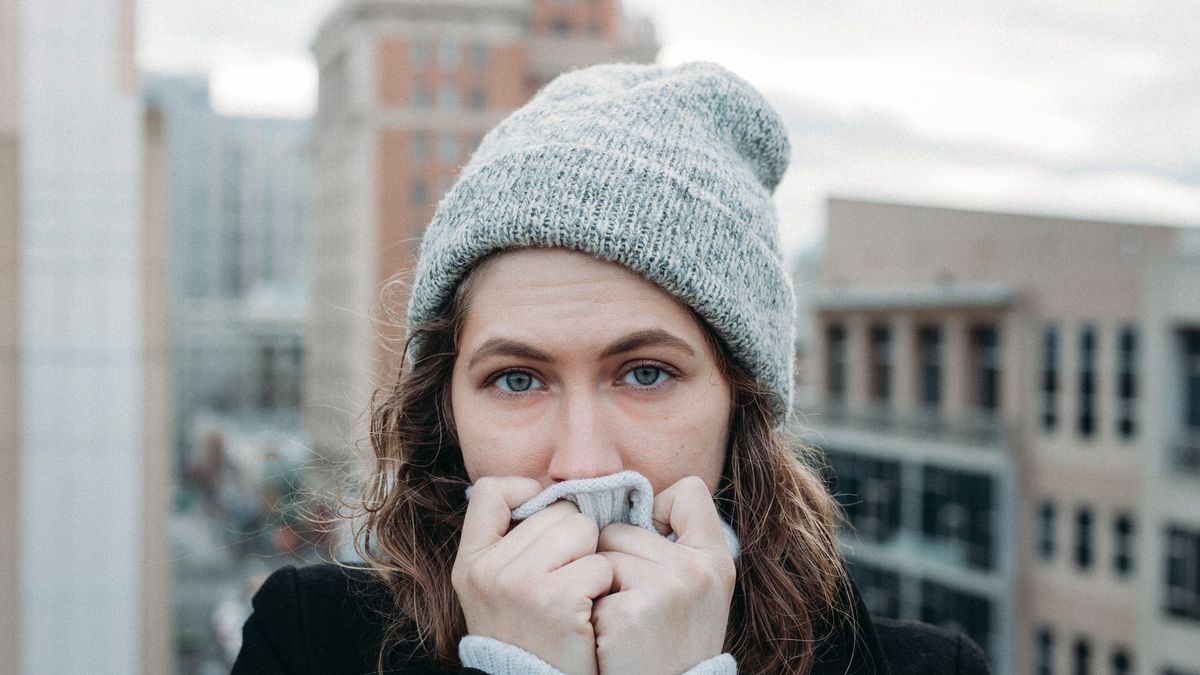JAKARTA - Cold air makes you prone to colds, sneezing and fever. Unlike the flu, cold allergies have different symptoms for each person. Like a cold allergy characterized by runny nose and sneezing every morning. Or there are also those who experience hives or hives when cold.
To identify more deeply, consider the symptoms, causes, and ways of dealing with cold allergies below.
Causes of cold allergiesCold allergy in medical language is called cold urticaria. The cause is not just one factor, there are even cases of cold allergies that cause a drop in blood pressure and shortness of breath. Cold allergy occurs due to the release of histamine and other chemicals in the bloodstream.
Some people experience cold allergies due to genetic factors. There are also cold allergies due to viruses or certain diseases. To be sure, the body reacts when the temperature drops and experiences some of the same symptoms every time it is cold.
Other illnesses that also have problems with cold air include pneumonia, hepatitis and pneumonia. Cold allergies are also often experienced by children to adolescents. As adults, cold allergies in children and adolescents can heal on their own.
Cold allergy symptoms Itching and hivesThe skin is the outermost part of the body that feels cold air directly. When the temperature is low and feels itchy, bumps appear on the skin, so it is one of the symptoms of a cold allergy.

These are the most characteristic symptoms, namely runny nose and sneezing. Nasal congestion but no mucus. Generally accompanied by sneezing. What distinguishes cold allergy from influenza is when it occurs.
Influenza is experienced for only 1 to 2 weeks. After recovering, you will not experience sneezing and runny nose. Meanwhile, cold allergies will be experienced every morning or during cold temperatures.
Watery eyes and noseOther symptoms of a cold allergy are runny eyes and nose. Itching of the eyes and nose triggers the production of tears and mucus in the nose. The mucus that comes out of the nose caused by cold allergies, is thinner and clear in color.
Every cold temperature occursCold allergies are annoying because they can be experienced throughout the year. During the dry season, low temperatures occur at night so that at that time you experience allergy symptoms. When the rainy season, cold can be any time so it will recur more frequently.
Does not affect staminaFor those who experience cold allergies, their stamina does not decrease when an allergy appears. Usually, people who experience it can still be active even though itching, sneezing, watery eyes and runny nose are very annoying.
If you experience the symptoms above, there are several ways to overcome them. So, if you don't want to take chemical drugs, you can take allergy relievers from natural ingredients. For example herbal medicines that can be purchased at herbal medicine stores.
Apart from taking medication, cold allergies can be treated in this way.
How to deal with cold allergies Ensure that the body remains warmCold temperatures are taboo for people with cold allergies. The easiest way to deal with it is to keep the body warm. For example, by wearing a warm jacket when the temperature is low, drinking body warmers, and taking warm baths.

Because food and drinks can also affect body temperature, those who experience cold allergy symptoms need to avoid consuming cold food and drinks.
Eat allergenic foodsSome foods can be useful as allergies. These foods include garlic, pineapple, and honey.
Take medications that contain anti-histaminesQuoted from Alodokter, Thursday, March 4, anti-histamine drugs can relieve cold allergies. These drugs include cetirizine, loratadine, and desloratadine. However, before taking these drugs it is better to consult a doctor.
Apply itch relieverAlthough this method does not cure, it can relieve itching on the skin due to cold allergies. When the skin is itching due to cold temperatures, then apply an itch-relieving powder or lotion. This is done so as not to constantly scratch the skin and cause blisters.
Finally, when you feel the symptoms of a cold allergy, consult a doctor immediately before deciding to consume or take action independently.
The English, Chinese, Japanese, Arabic, and French versions are automatically generated by the AI. So there may still be inaccuracies in translating, please always see Indonesian as our main language. (system supported by DigitalSiber.id)













